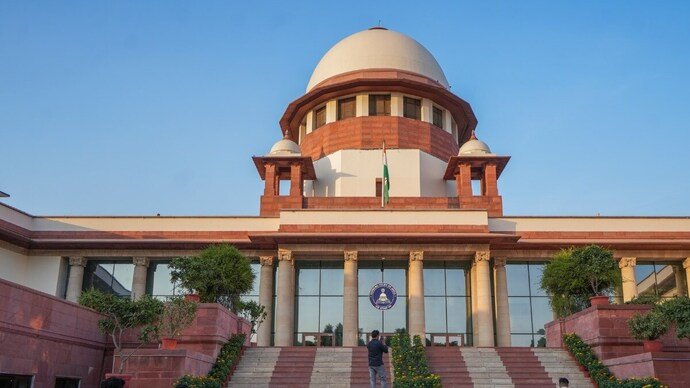On Friday, the Supreme Court rejected a plea for orders to the Tamil Nadu, Kerala, and West Bengal governments to adopt the National Education Policy (NEP), 2020, along with its three-language formula, affirming that it cannot force states to follow a specific policy.
“The Supreme Court, through Article 32 of the Constitution, can issue directives to ensure that the fundamental rights of citizens are protected. It cannot directly compel a state to adopt a policy like the National Education Policy, 2020,” the bench stated in its order.
‘Policy enforcement not within its Article 32 powers’
A bench consisting of Justice JB Pardiwala and Justice R Mahadevan clarified that the court’s authority under Article 32 of the Constitution is restricted to safeguarding citizens’ fundamental rights and does not include enforcing policy decisions for state governments.
ALSO READ: India-Pak Conflict: DGMO-level talks to be held shortly; Media briefing at 2:30 pm
It added, “The court may, however, intervene if a state’s action or inaction related to the National Education Policy violates any fundamental rights or any other legal rights. We do not propose to examine this issue in this writ petition filed under Article 32 of the Constitution.”
The petitioner had no direct connection to the issue raised, Judge remarked
The judges remarked that the petitioner lacked a direct link to the matter in question. “Even though he might be originally from Tamil Nadu, he has admitted that he currently lives in New Delhi. This court may consider the primary issue in a suitable proceeding, but certainly not in this specific petition,” the bench stated.
The petition was filed by advocate GS Mani, who requested an order from the Supreme Court to ensure the enforcement of the NEP, 2020, in the three states not governed by the Bharatiya Janata Party.














